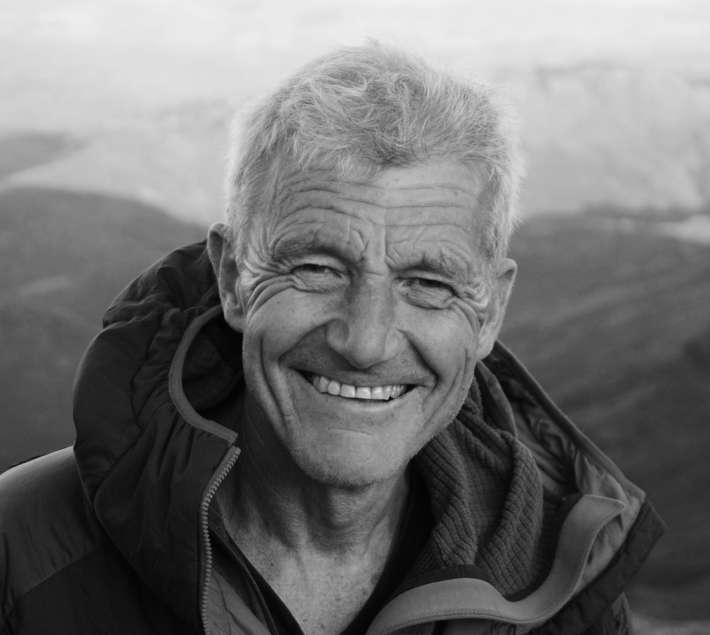An In Good Company podcast with Paul Rose, one of the world's most experienced divers, field science and polar experts.
Understanding your environmental responsibility
What learning can big business take from the world of science? How can organisations take tangible steps towards having a more positive impact in the world, and how can they bring their people with them?
Latest listen
In this podcast, we talk to Paul Rose, television presenter, former vice president of the Royal Geographic Society, and expedition leader for the National Geographic Pristine Seas Expeditions. Paul helps scientists unlock and communicate global mysteries in the most remote and challenging regions of the planet. He also brings this experience to his work in business engagements, speaking, and hosting industry, government, and NGO events.
What can organisations do to have a positive impact on the environmental and social issues we face?
Companies and business leaders are right to look at accreditations and measurables. To be able to say, “Yes, we are signatories to this or we have this goal towards net zero, etc.” But I think it needs to be a bit more tangible, something that people can see and feel and touch. And I think organisations need to be actively involved in global issues. Look at the Sustainable Development Goals. Maybe there’s one or two in there that either business leaders resonate with, or that has a direct connection with their activities and their own goals. Focus on these one or two goals that really have some meaning. It could be pollution, it could be overfishing, it could be anything. I think it should be something that’s directly linked to the business or the effect of that business. And I think the best way of doing that is to get people in that organisation, everybody, actively involved, get them to the front line […] Doing it with a true sense of values and [everyone] actively involved is much better and more effective than just looking for accreditation. It has a real sense of meaning.
What gives you hope for the future?
The first thing that springs to mind is this amazing sense of global awareness. I’ve never seen such a high level of awareness across all global issues, it’s truly unbelievable. We’ve all seen the damage that social media can do, with fake news and bad advice being so accessible. But it’s a very powerful force for good […] it’s a hugely powerful tool for everybody. You can be disabled, you can be young, you can be old, and you can have hardly any money. You can be living in very challenging personal circumstances. And yet you can be connected globally, imagine that. So, when we talk about protected areas, pollution, corruption, fake news, fair play and human rights, people are actively involved in that same level of news as all of the billionaires and those world-connected politicians. So I think it’s something we need to celebrate.
And the second part of that is the young ones, because of all of this, and the education system, and the 24 hour news cycle and accessible information, the young ones have got strong values and strong opinions and they can get them out there. You know, when I was a teenager, the only thing I could do with my big views was either shout about them in the pub or go on a ban the bomb march. I couldn’t actually reach thousands and thousands of people. And, because these young ones are so well informed and they have a good set of strong values, it terrifies politicians and business leaders.
Listen to the podcast on Spotify
Watch our interview here:
Listen again
027: Balancing profit, people and planet with Simon Henzell-Thomas
More from Paul Rose...
In the podcast Dan and Paul talked about some of his expeditions with National Geographic - catch up on his viral video on YouTube of a slow chase with mating tortoises and read about night time adventures with a polar bear.
Follow Impact on Spotify and subscribe to our channel on YouTube
